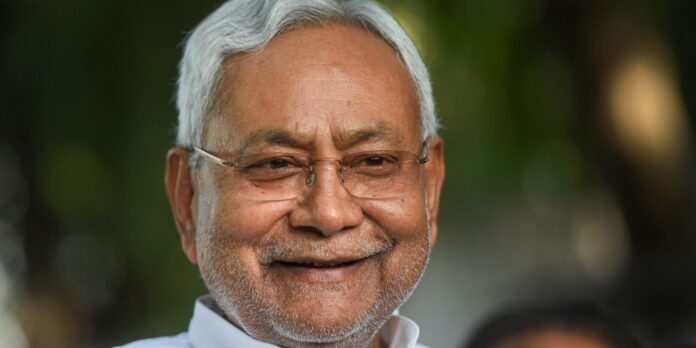Nitish Kumar was born on 1 March 1951 in Harnaut village, Nalanda district, Bihar, India. He studied at the Biscomaun College, Gaya, and graduated with a Bachelor of Science degree in 1972. After completing his studies, he worked as an electrical engineer in the Bihar State Electricity Board.
Kumar entered politics in the early 1970s. He joined the Janata Party and contested the 1977 Lok Sabha elections from the Barh constituency, but lost. In 1984, he was elected to the Bihar Legislative Assembly from the Nalanda constituency. He served as a minister in the governments of Lalu Prasad Yadav and Bindeshwari Dubey.
In 1994, Kumar left the Janata Party and formed his own party, the Samata Party. He led the Samata Party to victory in the 1995 Bihar Legislative Assembly elections and became the Chief Minister of Bihar. He served as Chief Minister for two terms, from 1995 to 1998 and from 2000 to 2005.
Kumar is known for his good governance and his focus on development. He has implemented a number of reforms in Bihar, including the introduction of a statewide e-governance system, the implementation of a right to information law, and the launch of a massive infrastructure development program.
Kumar has also been praised for his efforts to improve education and healthcare in Bihar. He has introduced a number of initiatives to improve the quality of education, including the establishment of new schools and colleges, and the introduction of a free laptop scheme for students. He has also implemented a number of healthcare initiatives, including the introduction of a free healthcare scheme for the poor, and the construction of new hospitals.
Kumar’s leadership has helped Bihar to make significant progress in recent years. The state’s economy has grown rapidly, and its poverty rate has declined. Bihar is now one of the fastest growing states in India.


